It didn’t take long for OpenAI to respond after Robinhood dropped a bombshell product announcement earlier this week.
The artificial intelligence lab behind ChatGPT publicly distanced itself from Robinhood’s latest move to tokenize private equity shares of major firms, including OpenAI itself, for trading in the European Union.
Robinhood launches tokenized private shares, but not everyone’s on board
Robinhood CEO Vlad Tenev introduced a new suite of crypto-native products on Monday, including perpetuals trading, staking features, and a tokenized stock trading platform powered by Arbitrum.
As part of the launch, Robinhood is now offering what it calls “stock tokens,” blockchain-based derivatives that track the price of shares in both public and private companies.
Over 200 firms are included in the rollout, with notable mentions like Elon Musk’s SpaceX and OpenAI.
But OpenAI isn’t having it.
“These ‘OpenAI tokens’ are not OpenAI equity,” the AI company wrote on X. “We did not partner with Robinhood, were not involved in this, and do not endorse it. Any transfer of OpenAI equity requires our approval — we did not approve any transfer.”
The tokens are structured as synthetic assets, essentially blockchain contracts that mirror the value of actual shares.
According to Robinhood’s description, purchasing these tokens doesn’t give holders any actual ownership or shareholder rights, but rather price exposure to the assets they represent.
For many, it’s a way to get in on the action of private company valuations without navigating traditional investor hurdles.
The tokenization trend Is growing, but so are legal questions
Robinhood isn’t alone in trying to democratize access to high-profile private firms.
Investment platform Republic also recently announced plans to offer similar tokens for OpenAI and Anthropic, noting that while these don’t come with shareholder rights, they still reflect the underlying company valuation.
Still, OpenAI’s quick rejection highlights a broader challenge for tokenized assets: how to balance accessibility with the legal rights of companies and investors.
As more platforms explore this gray area, firms like OpenAI are making one thing clear: not all tokens are welcome.










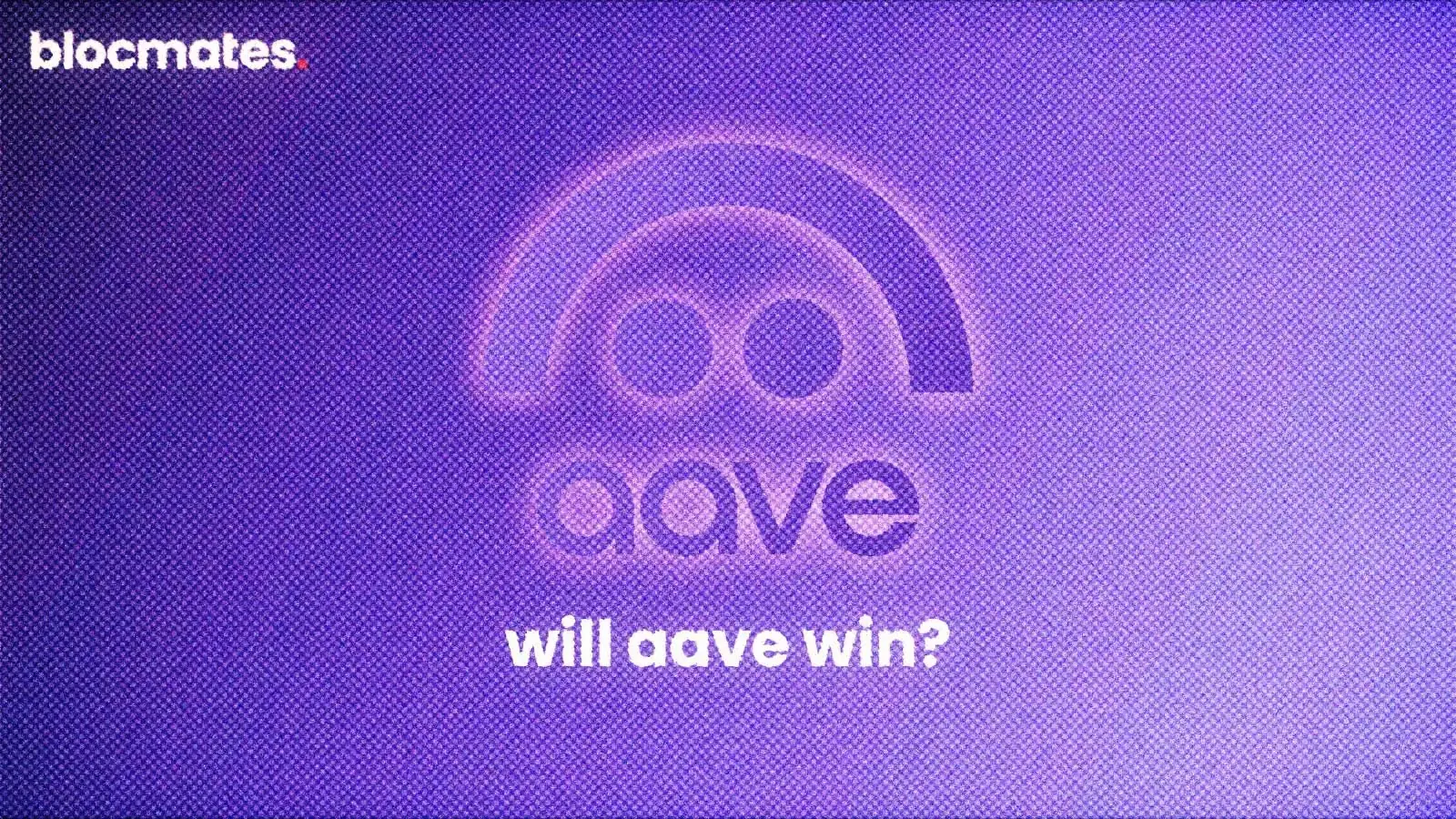

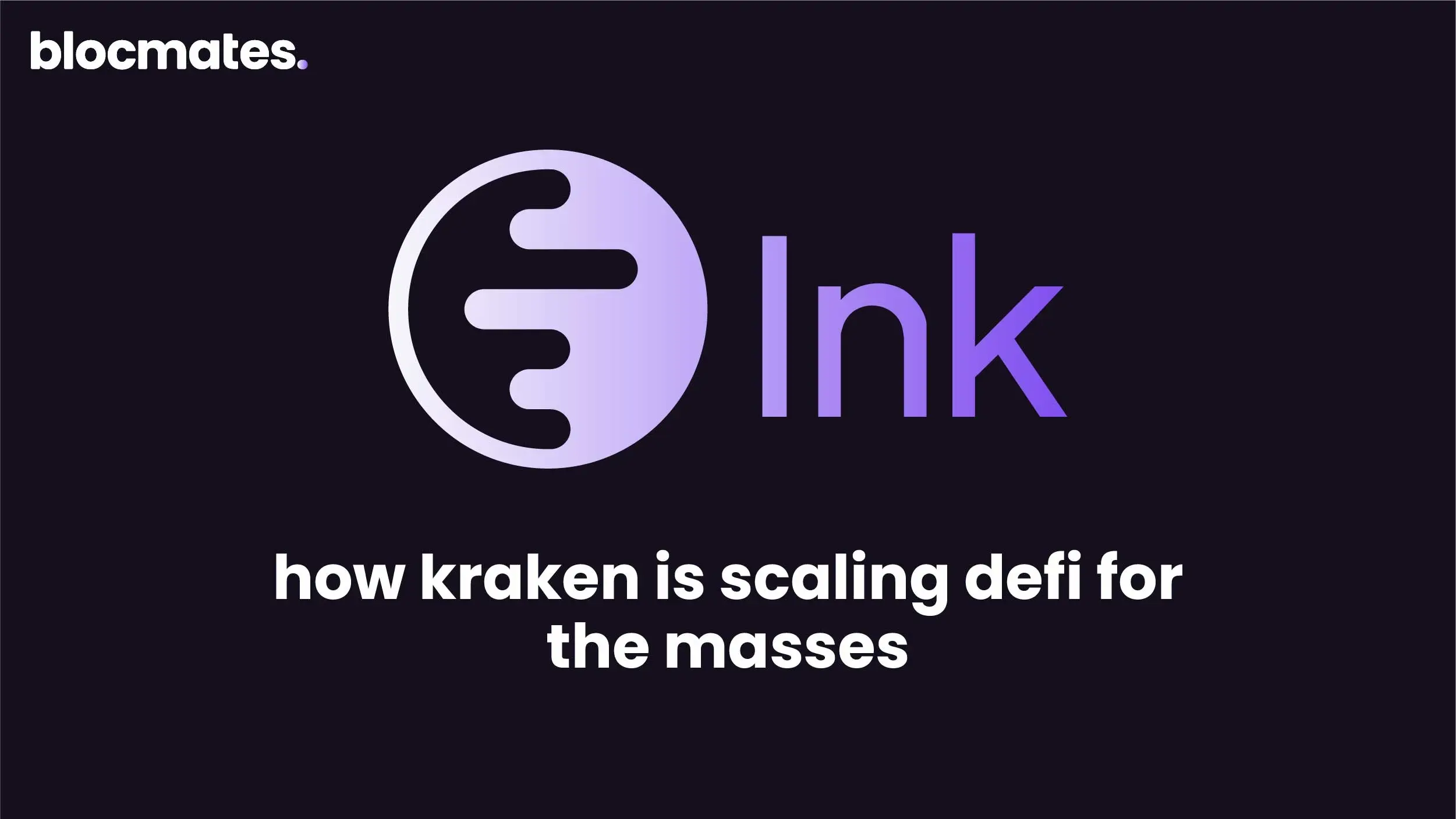
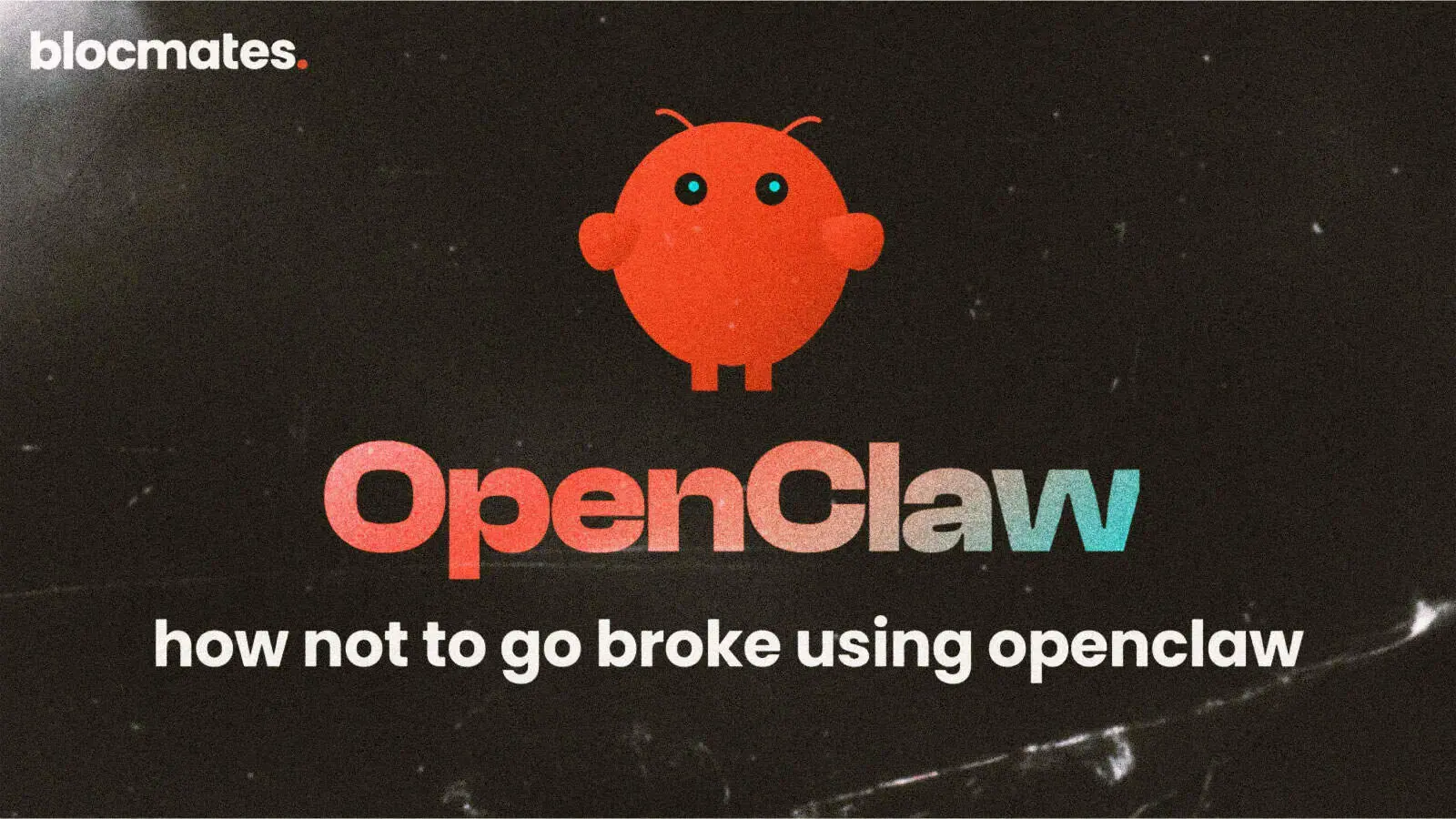
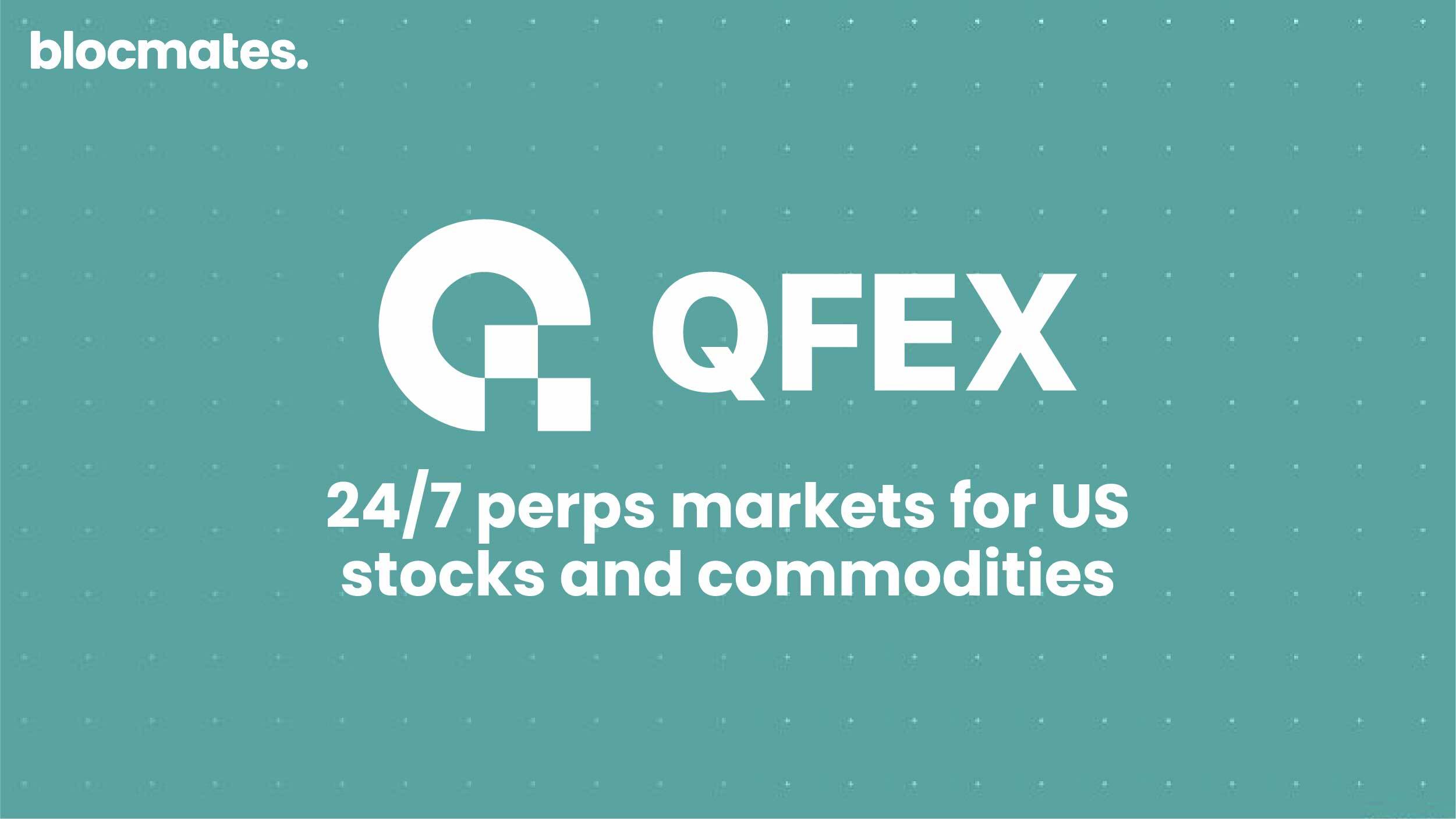
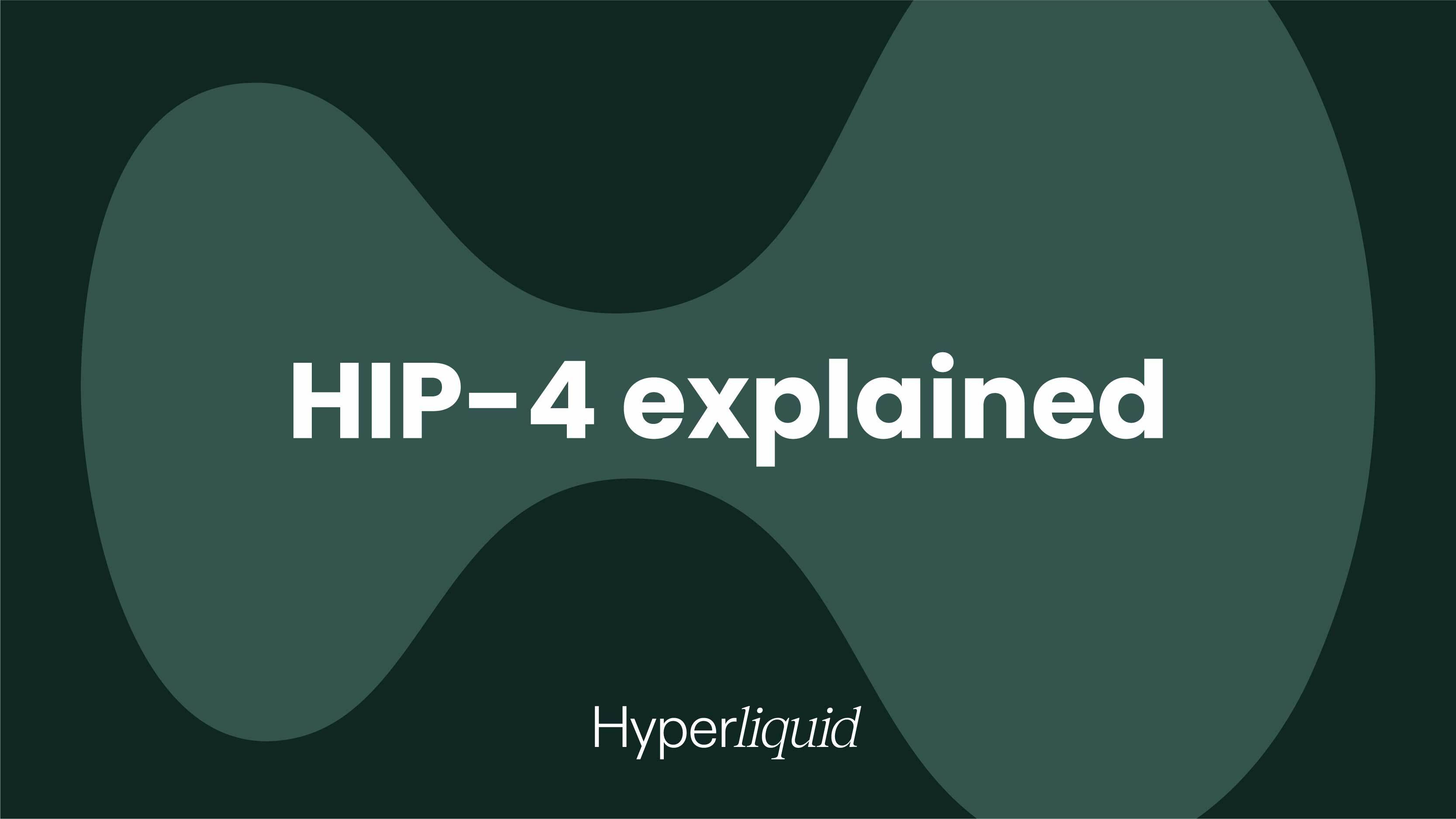


















.webp)

.webp)
.webp)

%20(1).webp)



























































%202.webp)


.webp)

.webp)
.webp)
.webp)


.webp)
.webp)

.webp)
.webp)
.webp)


.webp)
.webp)










.webp)


.webp)









.webp)







.webp)




.webp)


























.webp)







.webp)















.webp)

.webp)
.webp)

.webp)














.webp)

.webp)


.webp)








.webp)




